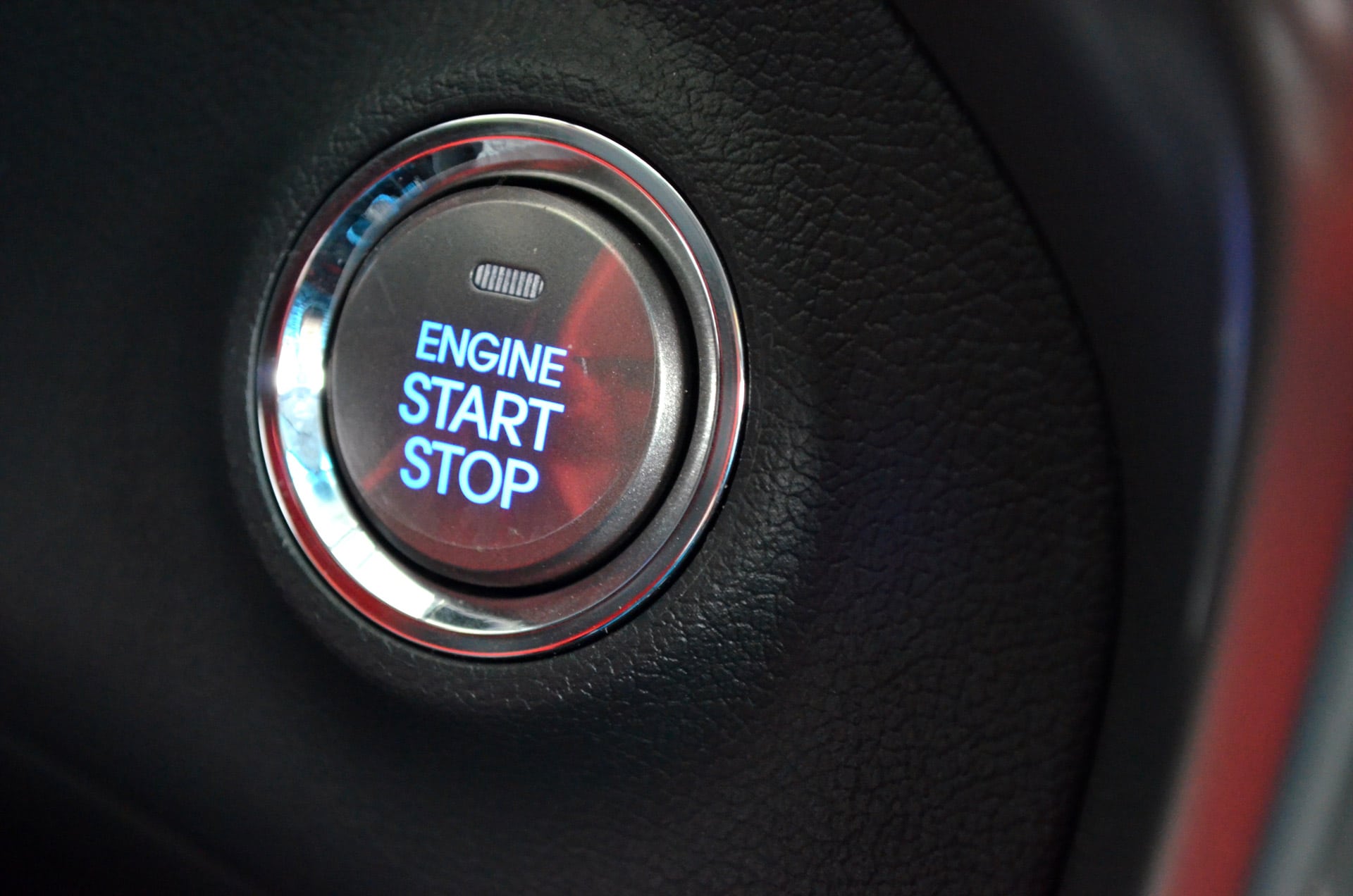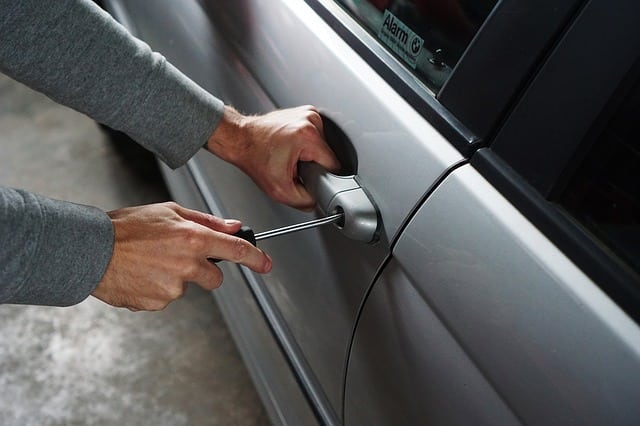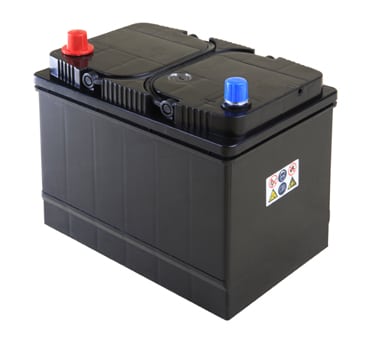Most modern cars come equipped with keyless ignition systems for added convenience. You don’t have to dig your keys out of your pocket or purse to get in your vehicle. All you have to do is hit a button or get within a certain distance of your car to unlock the doors. From there, you can start the engine with the push of a button.
While keyless ignition systems are convenient, are they safe? Let’s take a closer look at how dangerous keyless ignition systems can be.
They Make Your Car Easier to Steal
In theory, keyless ignitions are supposed to protect your car from thieves. There’s no ignition for them to stick a screwdriver in, so they should be harder to steal, right?
Recent studies have found that the opposite is the case. A report by Which? found that of the 237 models tested, 230 of them could be opened and started with relay technology. Savvy car thieves can use a device that relays your fob’s signal from inside your home to the car, making the vehicle think you’re nearby. From there, the criminals can climb in and drive away.
Most keyfobs for keyless ignition vehicles work by emitting an RFID signal. Once you’re close enough to the car that it picks up the message, it will unlock and allow you to start the engine. If car thieves can duplicate that signal or relay it from the keyfob sitting on your nightstand, they can steal your wheels.
They Can Freeze In Cold Weather
Keyless entries rely on battery power when the engine isn’t running. The keyfob has an internal watch battery that keeps it working, but when the temperature plummets, batteries are often the first thing that takes a hit. If your car battery dies due to the cold weather, you’ll have no way to get into your vehicle. It’s hard to pop the hood so you can jump the car when you can’t even get the door open.
According to AAA, batteries lose roughly 60% of their starting power at 0 degrees F. Older batteries — ones more than three years old — are at higher risk of discharge at these low temperatures.
You can mitigate some of these car problems by parking your vehicle in an insulated garage. In addition to protecting your battery, this insulation can help you save energy and protect your investment. If you leave your keyfob in the car when you get home, the internal battery will experience the same problems — and create some other ones as well.
They Can Kill You
Yes, you read that right. Keyless ignition vehicles can actually kill you (if you’re not careful). Since 2006, 28 people have died and another 45 have been injured by cars with keyless ignition. In a closed garage, an idling vehicle generates more than enough carbon monoxide to kill, and numerous owners have left their daily driver idling in the garage without realizing it.
Right now, these cars are not equipped with any safety features to prevent these tragedies. They don’t alert you when you leave the car running, though most will let you know if you walk away with the fob in your pocket.
The Society of Automotive Engineers has been recommending safety features such as loud alarms or even a shut-off after 30 minutes to prevent these potential tragedies.
Be Mindful of Your Keyless Ignition
While keyless entry is more convenient than juggling a pocket full of keys, it does have its downsides. Be mindful of where you store your key fob and make sure your engine is off before you leave the car in the garage.
You don’t have to trade in your keyless entry vehicle for one with a standard ignition. Just be more careful and it will serve you well for years to come.









